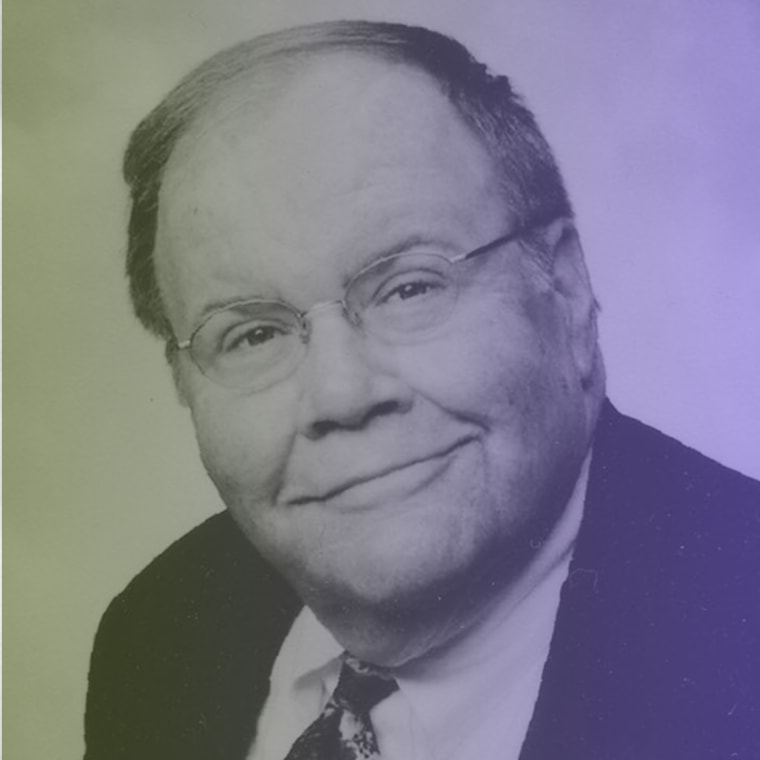For years, it was “technically correct” for news organizations and others to refer to gay people as mentally ill. After all, the American Psychiatric Association classified homosexuality as a mental illness until 1973.

Some of the earliest organized "homophile" activism was oriented around delisting homosexuality as a mental illness, for these gay people knew that they were not broken. Barbara Gittings and Frank Kameny, early Mattachine Society organizers, sought to declassify homosexuality as a mental illness by applying a pressure campaign. Gittings’ partner, Kay Tobin Lahusen, suggested adding a gay psychiatrist to a 1972 panel discussing homosexuality in order to generate a better conversation than hosting a dueling panel of homosexuals versus psychiatrists.
“And only because Barbara and Frank seemed like such upright, nice types did these shrinks feel comfortable coming out to them,” Lahusen told NBC News. So they called each person in their rolodex and asked if they would speak. Everyone said no — even John Fryer.
“We called him up and said, ‘Well, could you do this? Would you do this? You're our last hope.’ And he said, ‘No, I couldn't possibly do it either,'” remembered Lahusen.
Then he called them back, Lahusen recalled, and said, “I could do it if I could wear a mask. And have a distorted microphone and wear a costume.”
Wearing a Nixon mask and speaking through a voice distorter, Fryer started his 1972 speech in front of fellow members of the American Psychiatric Association by saying, “I am a homosexual. I am a psychiatrist.” One year later, homosexuality was removed from the Diagnostic and Statistical Manual of Mental Disorders.
Today, the American Psychiatric Association has created an award in his honor: The John Fryer Award, which since 2005 has annually honored “an individual who has contributed to improving the mental health of sexual minorities.”
